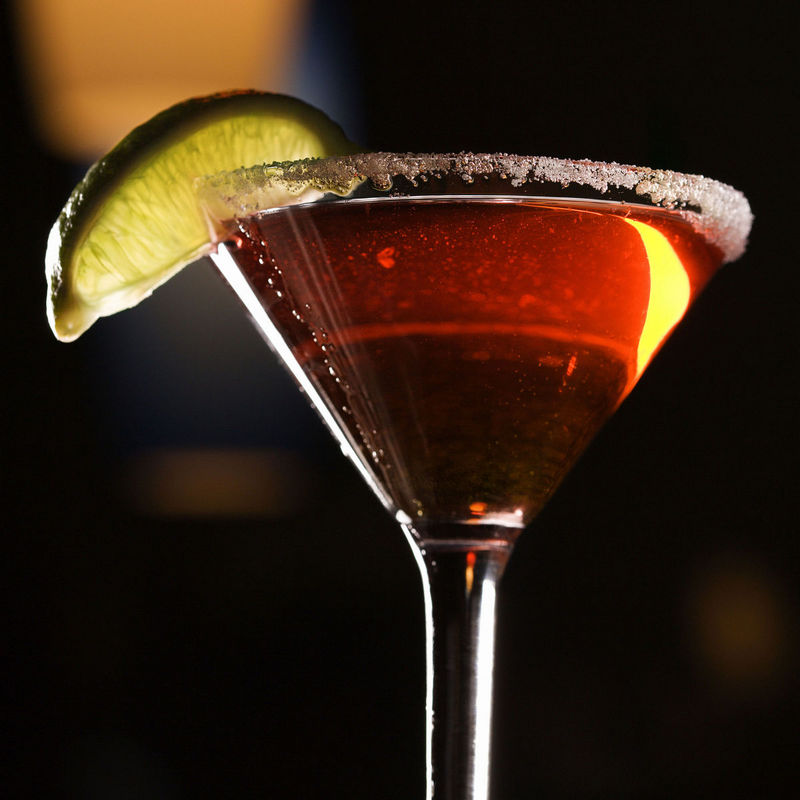
MONDAY, May 9 (HealthDay News) — Could gastric bypass weight-loss surgery raise the odds for alcohol abuse afterwards?
That’s the finding from a group of Swedish researchers who were slated to present their data this past Saturday at the Digestive Disease Week conference in Chicago.
A team from the Karolinska Institutet in Stockholm tracked more than 12,000 patients who underwent primary bariatric surgery between 1980 and 2006. The patients were matched against a control group of almost 123,000 patients from the general population.
The study found there was greater risk of hospitalization for depression, attempted suicide, substance abuse and alcoholism following weight-loss surgery. (The bariatric patients also had a greater risk than the general population of hospitalization for psychiatric disease before their weight-loss surgery.)
The researchers also found that people who undergo gastric bypass surgery, in particular, faced double the risk of inpatient treatment for alcohol abuse vs. those who have restrictive surgeries (such as stomach “stapling” and the gastric banding technique).
“Patients undergoing gastric bypass should be carefully counseled on alcohol consumption,” study lead author Dr. Magdalena Plecka Ostlund said in a news release from the meeting’s sponsor, the American Gastroenterological Association. “In addition, caregivers should be aware of the greater potential for alcohol abuse after surgery so treatment can be sought if problems arise.”
But Ostlund also stressed that any increased risk for alcohol dependency following gastric bypass should be weighed against the numerous health benefits of the procedure.
Findings presented at meetings are considered preliminary since they have not undergone the rigorous peer review of data published in reputable journals.
More information
There’s much more on bariatric surgery for obesity at the Weight Control Information Network.

